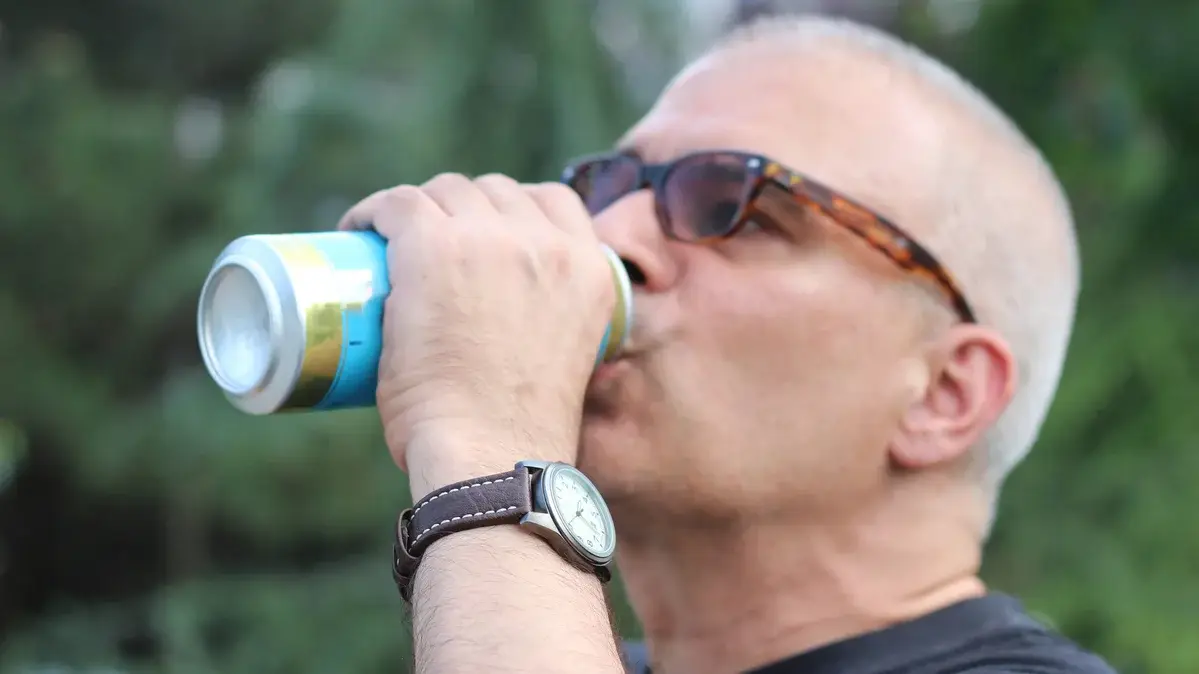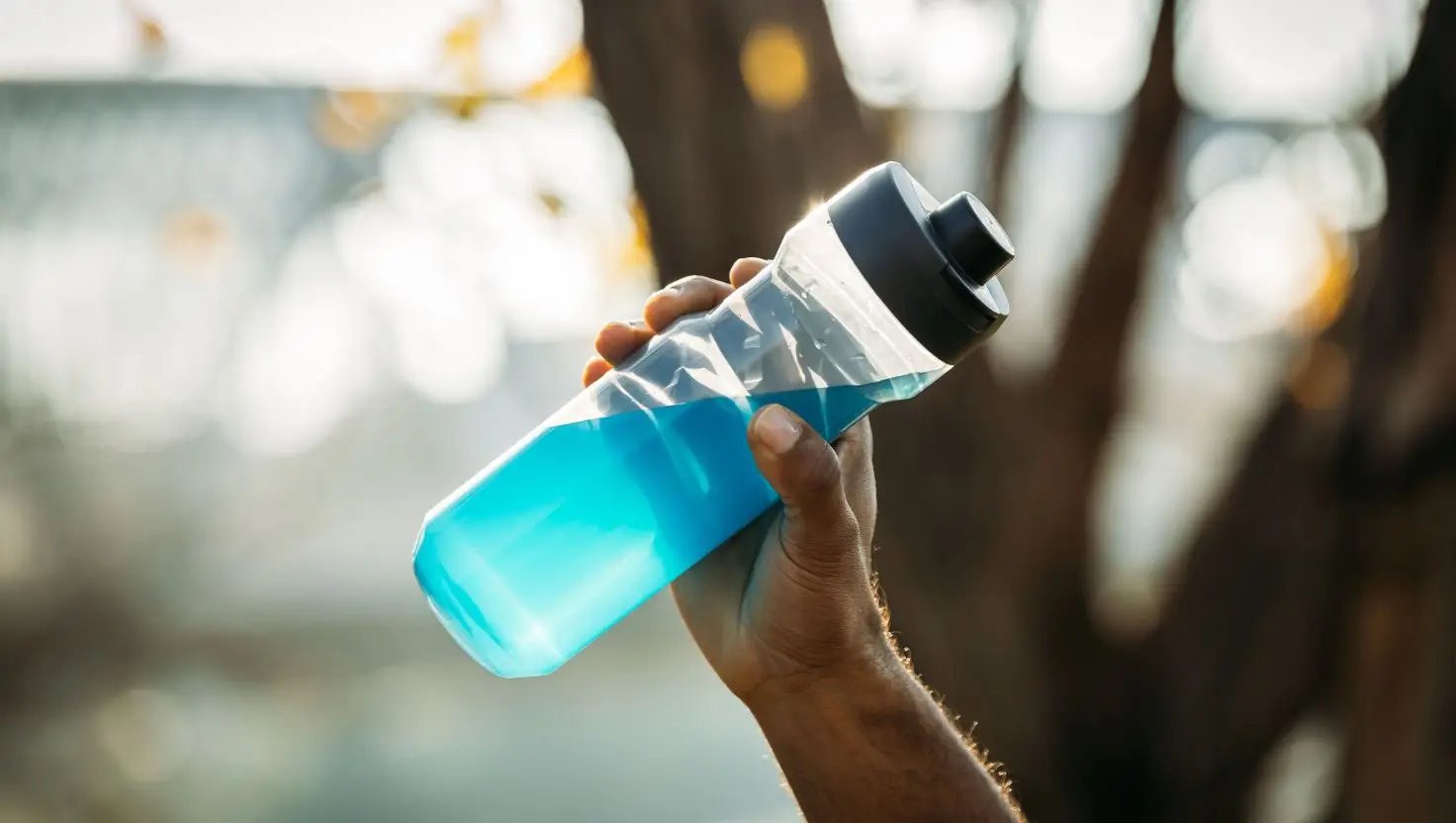
A medical expert has weighed in on exactly what happens to your body with 24 hours of drinking a can of energy drink after the World Health Organization hailed them as a ‘danger to public health’.
There may be no federal age requirements to buy energy drinks in the US, but some states have taken it upon themselves to impose their own restrictions, with Suffolk County (NY), for example, prohibiting sales to those under 18.
The American Academy of Pediatrics (AAP) recommends that children under 12 avoid caffeine completely, while those between 12 and 18 limit their caffeine intake to 100 mg per day.
Considering that some energy drink cartons can contain up to 500 mg of caffeine - the equivalent of five coffees, as per the Substance Abuse and Mental Health Services Administration (SAMHSA) - it’s advised that teens stay away from the juice altogether.
Advert
But is it even safe for people over the age of 18 to consume these drinks? Or should we be avoiding them at all costs?
The best way to find the answer to the question is by understanding how energy drinks affect your body over a 24-hour period.
What happens to your body within one hour of consuming an energy drink?
According to the National Institutes of Health (NIH), 99 percent of caffeine is absorbed within 45 minutes of ingestion and can stay in your bloodstream for up to ten hours.
However, caffeine drinkers may start feeling the effects of the stimulant within five minutes.
“Caffeine is a crafty drug that temporarily blocks adenosine [a chemical involved in how tired we feel] pathways, giving you a boost while allowing ‘feel good’ molecules in the brain – such as dopamine – to be released more readily,” Dr. Stuart Farrimond, science communicator and food researcher told The Daily Mail.
Within 30-50 minutes, the Cincinnati Children’s Hospital Medical Center writes that your heart rate and blood pressure are likely to rise.
“You'll feel more alert as the stimulant starts to affect you, improving not only concentration but how alert you are,” the institution writes.

According to an infographic created by Personalise.co.uk, your liver will also respond during this time window by absorbing more sugar into the blood stream.
So, it’s been an hour since you guzzled your energy drink and cracked on with your tasks—what does your body feel like now?
Well, unfortunately, you’re going to experience a sugar crash and the benefits of caffeine starting to wear off, according to the infographic.
However, experts at WikiHow have outlined some ways to prevent this sugar crash, including not drinking the entirety of your energy drink at once, eating regularly throughout the day, and reaching for cans containing electrolytes and glycogen.
How energy drinks affect the body after five hours
Five hours after drinking an energy drink, your caffeine’s half-life is likely to be up, says the American Academy of Sleep Medicine.
This is likely to take double the amount of time if you are a woman on birth control pills, so it’s definitely worth looking into.
Between 12 and 24 hours after consumption, you may begin to experience caffeine withdrawal, defined by Science Direct as a ‘phenomenon occurring after prolonged daily use of caffeine’.
What are the symptoms of caffeine withdrawal?

There are a handful of symptoms that come with suffering a caffeine withdrawal, including headaches, low energy levels, irritability, and even anxiety, writes Healthline.
Some may also have difficulty concentrating on important tasks, while others could have depressed feelings and experience intense hand tremors.
According to Dr. Farrimond, withdrawal symptoms can last up to 9 days, and the severity depends on the amount of caffeine consumed, as per MedicalNewsToday.
Energy drink alternatives recommended by experts
If you still want an energy boost without the caffeine-fuelled drink then why not take the American Heart Association’s advice and eat more protein and carbohydrates.
Not only are they great fuel for a workout, but they’ll keep you energized and full for longer than a fizzy can of soda will.
Healthline also recommends you take naturally occurring vitamins like magnesium to help your body produce energy.
“A vitamin or mineral deficiency may cause fatigue,” the specialists wrote.
“If you feel like you always need an energy boost, talk to your doctor about having a nutritional assessment or adding a vitamin supplement to your diet.”
Topics: Food and Drink, Health, Science, US News
